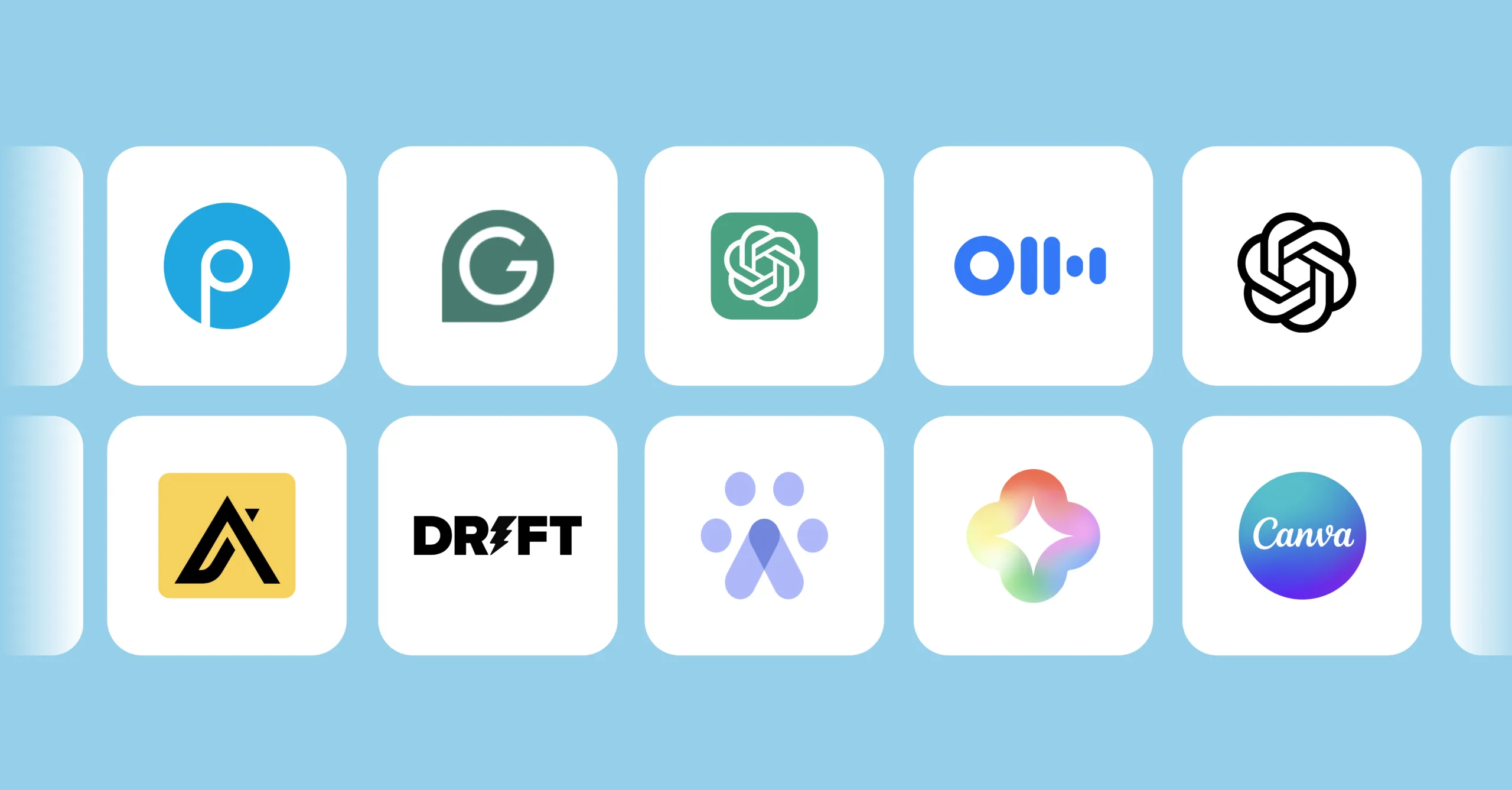
In the digital age, content creation has become a crucial aspect of marketing, communication, and business. As businesses strive to produce high-quality content quickly, the debate between AI writing vs human writing has gained significant attention. While both methods have their advantages, understanding how each works can help you decide which is more effective for your needs.
What is AI Writing?
AI writing refers to the use of artificial intelligence tools to generate written content. These tools use algorithms and machine learning to produce text that mimics human language. AI writing tools, such as OpenAI’s GPT models, can generate articles, blog posts, product descriptions, and more with minimal input. They are designed to quickly produce readable content, often at a fraction of the cost and time required for human writers.
What is Human Writing?
Human writing, on the other hand, involves content created by a person. Human writers bring their creativity, intuition, and understanding of audience psychology to the table, crafting pieces that are personalized and resonate emotionally with readers. Human writing is known for its unique voice, nuance, and ability to incorporate cultural context in ways that AI struggles to match.
Advantages of AI Writing
- Speed: One of the main benefits of AI writing is speed. AI tools can produce content in a matter of seconds or minutes, making it ideal for generating large volumes of text quickly.
- Cost-Effective: AI writing is generally more affordable than hiring a professional writer, making it an attractive option for businesses on a budget.
- Consistency: AI writing tools can maintain a consistent tone and style throughout the content, which is particularly useful for creating large quantities of content that require uniformity.
Advantages of Human Writing
- Creativity and Personalization: Human writers bring creativity to their work, offering unique perspectives, humor, and emotional appeal that AI lacks. This is essential when creating content that needs to engage readers on a deeper level.
- Cultural Sensitivity: Human writers understand cultural nuances and can tailor their writing to meet the needs of specific audiences, ensuring that the content feels relevant and relatable.
- Quality Control: While AI can produce grammatically correct text, it may lack the depth and critical thinking that human writers can offer. Humans are better at making adjustments to the tone, structure, and quality of the content.
AI Writing vs Human Writing: When to Use Each
AI writing is a powerful tool for tasks like generating product descriptions, reports, and social media posts where speed and volume are key. However, for more complex and creative tasks like storytelling, emotional writing, or building a brand’s voice, human writing is indispensable.
Conclusion
In the ongoing debate of AI writing vs human writing, it’s clear that each has its place. While AI can quickly produce content at scale, human writing brings the creativity, personalization, and quality that AI struggles to replicate. For best results, many businesses may find that a combination of both is the most effective approach.
Keyphrase: AI writing vs human writing
















